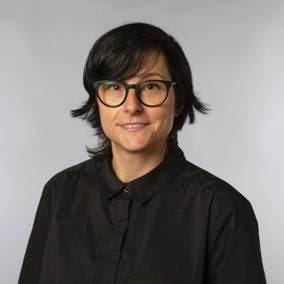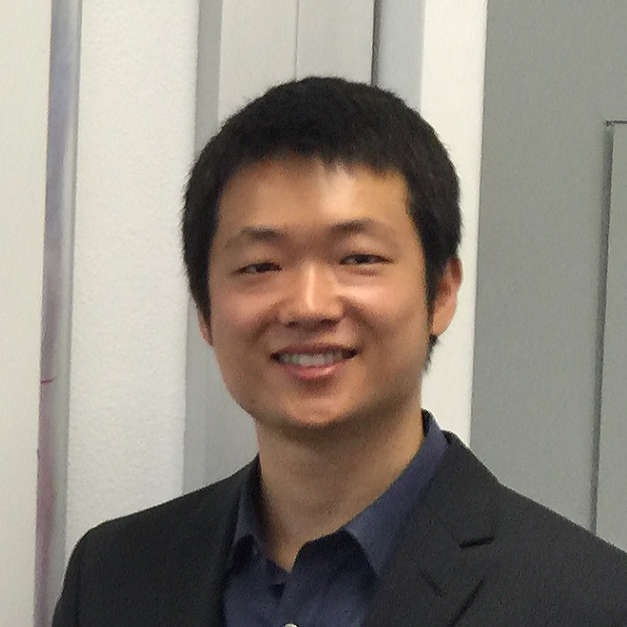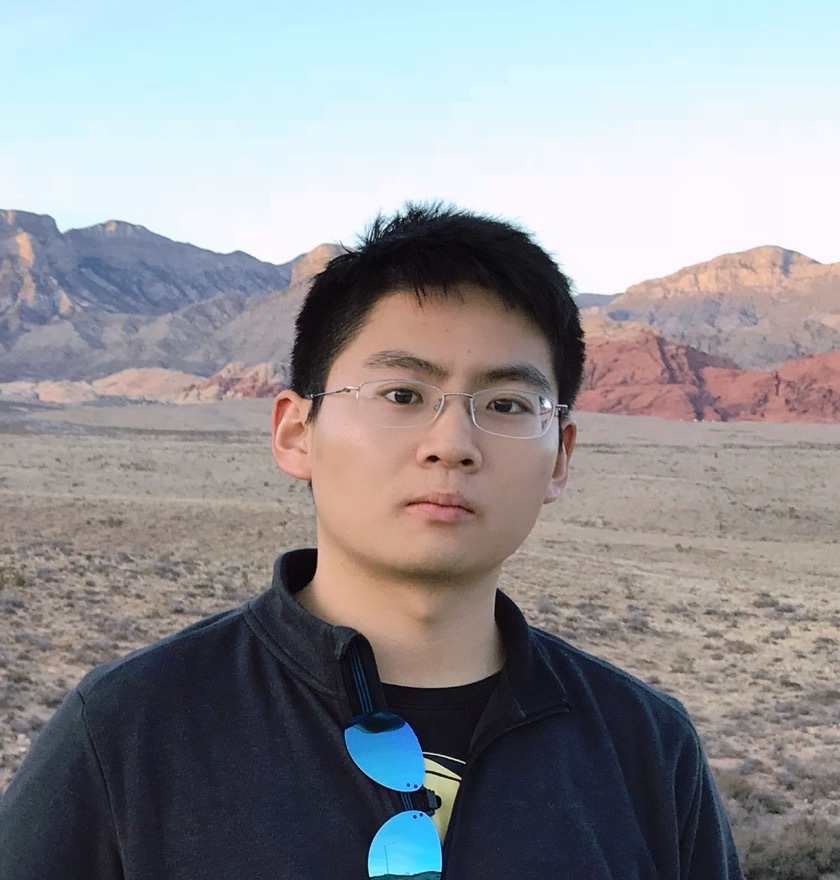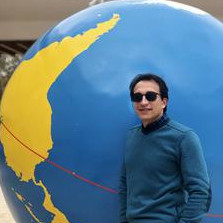Spatial and temporal thinking is important not just because everything happens at some places and at some time, but because knowing where and when things are happening is key to understanding how and why they happened or will happen. Spatial data science is concerned with the representation, modeling, and simulation of spatial processes, as well as with the publication, retrieval, reuse, integration, and analysis of such space- and place-centric data. It generalizes and unifies research from fields such as geographic information science/geoinformatics, geo/spatial statistics, remote sensing, environmental studies, and transportation studies, and fosters applications of methods developed in these fields in other disciplines ranging from social to biological and physical sciences.
Data-driven methods, such as machine learning models, have been attracting attention from the Geoscience community for the past several years. For instance, they have been successfully used to quantify the semantics of place types, to classify geo-tagged images, to predict traffic and air quality, to improve resolution of remotely sensed images, to recognize objects in such imagery, to predict and compare trajectories, to name but a few. Geospatial observations may be vague, uncertain, heterogeneous, dependent on other nearby observations, biased, and multimodal; thus, spatial and temporal principles should be included in data science techniques such as deep neural networks. Unsurprisingly, research has shown that by doing so, we can substantially outcompete more general (non-spatial) models when applied to geo-data or applications with a spatial and temporal component.
To keep this discussion alive and help the community to exchange ideas and lessons learned about spatial and temporal aspects of data science, we are hosting the 4th Spatial Data Science Symposium (SDSS 2023) as a distributed virtual meeting. The symposium aims to bring together researchers from both academia and industry to discuss experiences, insights, methodologies, and applications, taking spatial and temporal knowledge into account while addressing their domain-specific problems. The format of this symposium will be a combination of keynotes, scientific sessions, as well as paper presentations. In contrast to classical conferences, the community will decide on those sessions, and the main focus will be on interaction. Hence, we welcome submissions for both papers and sessions (see below). SDSS 2023 will be a distributed symposium in a sense that while the event as such will be online, we will host (and help others to host) individual get-togethers to jointly experience the symposium in person.







































